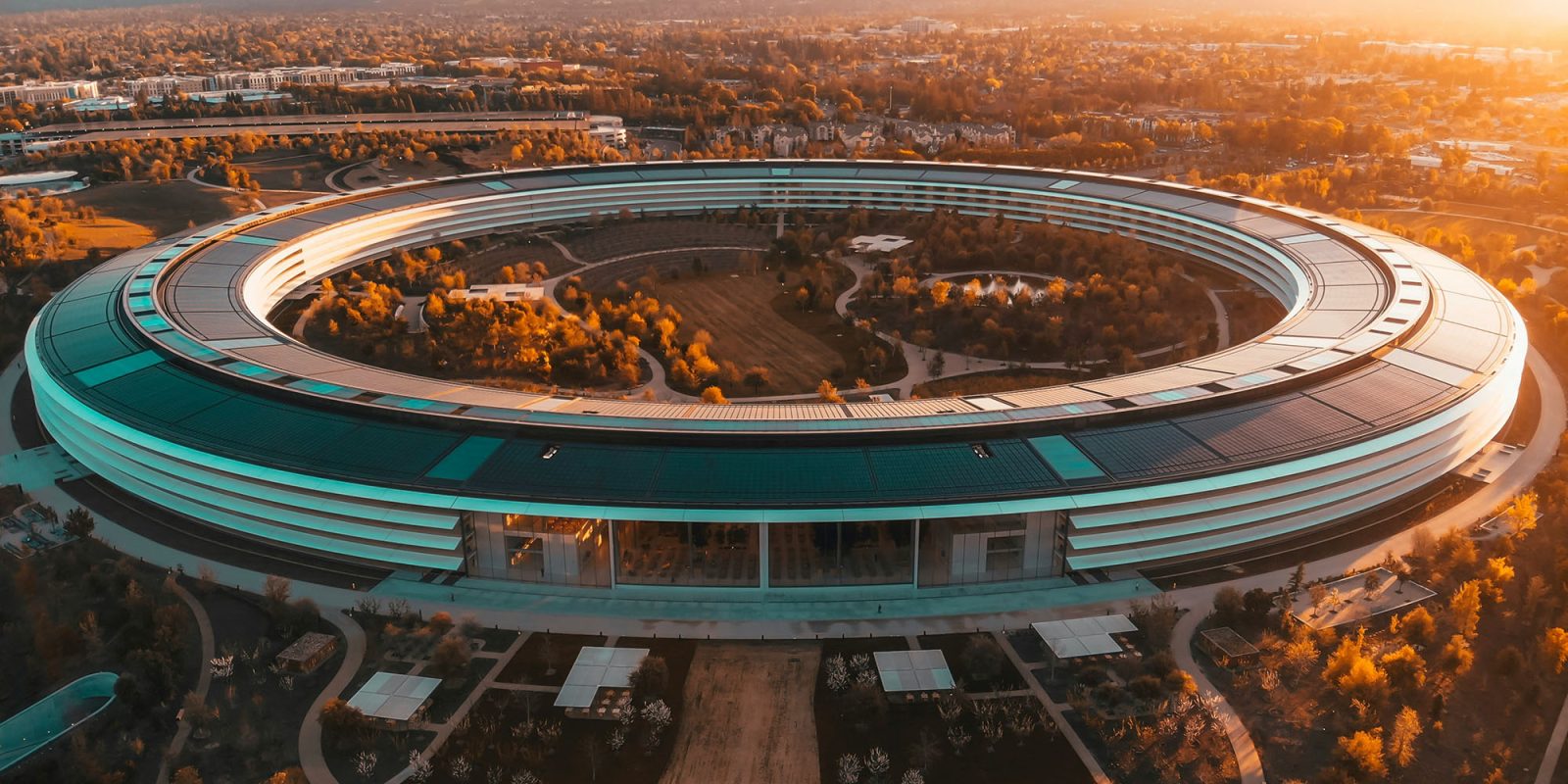
A new report highlights what probably amounts the most most absurd stretch in the DOJ’s antitrust lawsuit. A section notes that Apple last year spent half as much on research and development (R&D) as it did on AAPL share buybacks, presenting this as ‘evidence’ of the lack of competition faced by the company.
It contrasts this with Google, whose R&D spend matched that of its share buybacks, suggesting this means the search giant faces greater competition …
AAPL share buybacks
Share buybacks are when a company spends surplus cash to buy its own shares. It then cancels those shares. Stock buybacks have three benefits.
First, with fewer shares in circulation, the company has to pay out less money in dividends.
Second, with the value of the company split across fewer shares, it increases the effective value of each share.
Third, because the number of shares is reduced while earnings are unaffected, it increases the earnings per share (EPS), which is viewed as a key measure of a company’s financial performance. Essentially this makes the stock look like a better buy, encourages more share purchases, which drives up the price of the shares.
Apple is a company with a lot of surplus cash, and over the past decade has spent more than $650B in share buybacks.
DOJ compares these to R&D spend
The DOJ lawsuit compares the two sums:
In fiscal year 2023, Apple spent $30 billion on research and development. By comparison, Apple spent $77 billion on stock buybacks during the same year […]
While Apple’s anticompetitive conduct arguably has benefited its shareholders— to the tune of over $77 billion in stock buybacks in its 2023 fiscal year alone—it comes at a great cost to consumers. Some of those costs are immediate and obvious, and they directly affect Apple’s own customers: Apple inflates the price for buying and using iPhones while preventing the development of features like alternative app stores, innovative super apps, cloud-streaming games, and secure texting.
Apple’s smartphone monopoly means that it is not economically viable to invest in building some apps, like digital wallets, because they cannot reach iPhone users. This means that innovations fueled by an interest in building the best, most user-focused product that would exist in a more competitive market never get off the ground. What’s more, Apple itself has less incentive to innovate because it has insulated itself from competition.
The lawsuit cites an unnamed Apple exec stating that “any new and especially expensive [feature] needs to be rigorously challenged before it’s allowed into the consumer phone,” presenting this as evidence that the company has no competitive pressure to innovate.
The Financial Times highlights this, and points out that stock buybacks are common in the tech sector as a whole, and Apple has reduced its own in line with falling revenue.
9to5Mac’s Take
This is a frankly ridiculous claim which does no favors to the DOJ’s case.
Stock buybacks are a sign of confidence in the future of the company. While it’s a somewhat indirect investment given that the shares are cancelled, it still only makes sense to buy your own stock if you believe this is a better buy than other forms of investment.
Apple’s R&D spend as a proportion of revenue has been historically lower than competing tech companies, it’s true. But that’s in large part because the company is extremely focused in its new product development strategy. It famously says no to a thousand things for every time it says yes.
Contrast this to Google, which invests in anything and everything and then closes down the stuff that doesn’t work out. Google Cardboard, Goggles, Clips, Domains, Podcasts, Optimize, Stadia, Hangouts, Talk, Wave, Duo, Plus, Spaces, Now, Buzz, Currents, Surveys, Latitude, Labs, Answers … I could go on (and on, and on). Of course Google spends more than Apple on R&D!
Apple does have some serious antitrust questions to answer, but why it spends more on stock buybacks than on R&D absolutely isn’t one of them.
Photo by Carles Rabada on Unsplash
FTC: We use income earning auto affiliate links. More.




Comments